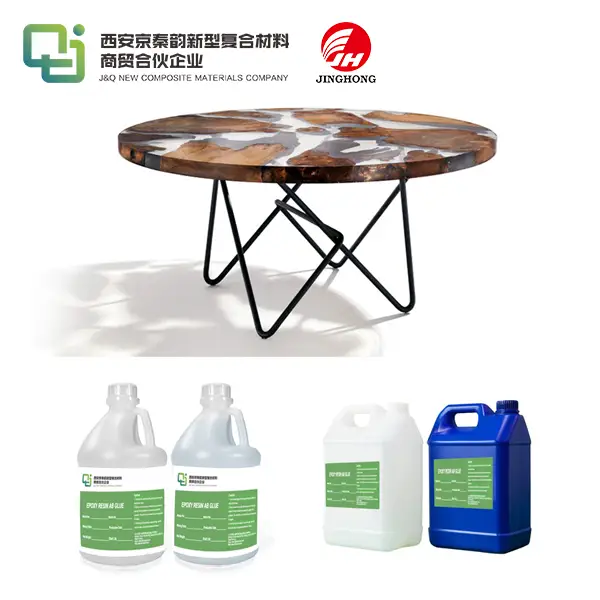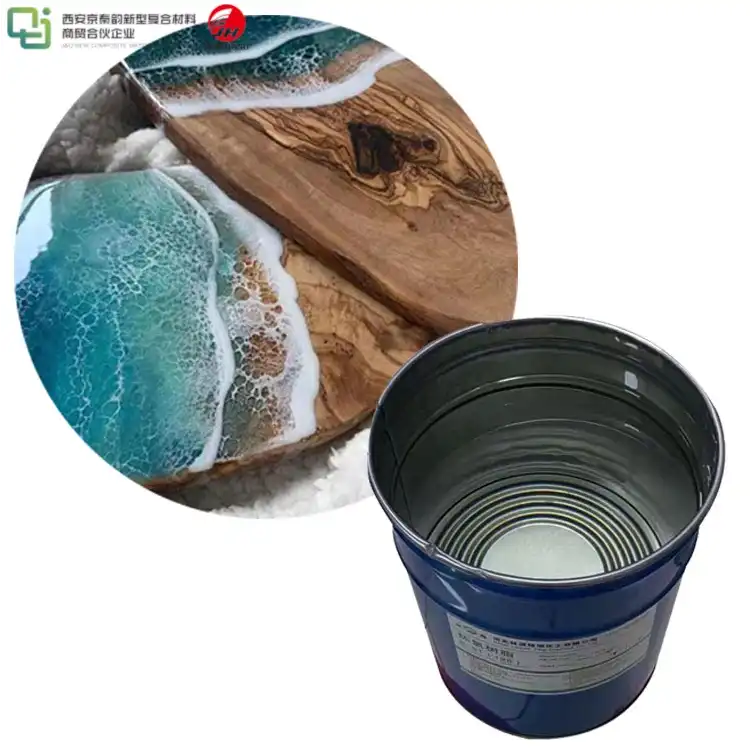What thicknesses are available for FR4 epoxy resin sheets?
2024-10-14 16:54:21
An essential component in the fields of insulation and electronics are FR4 epoxy resin sheets. These adaptable materials are essential in a variety of industries because they have excellent mechanical and electrical qualities. The thicknesses of FR4 epoxy resin sheets that are available are one of the most frequent queries we get. We'll go over the variety of thicknesses that are available, their uses, and how to pick the best thickness for your particular requirements in this extensive guide.
Understanding FR4 Epoxy Resin Sheets
Composition and Properties
Composite materials called FR4 epoxy resin sheets are made of woven fiberglass cloth that has been treated with epoxy resin. The material created by this combination has outstanding mechanical strength, exceptional thermal resistance, and great electrical insulating qualities. The word "FR" in FR4 refers for "Flame Retardant," signifying that it has the capacity to extinguish itself on fire.
Manufacturing Process
The production of FR4 epoxy resin sheets involves a meticulous process. Multiple layers of fiberglass cloth are impregnated with epoxy resin and then compressed under heat and pressure. This process, known as lamination, creates a strong, uniform sheet with consistent properties throughout its thickness.
Industry Standards
FR4 epoxy resin sheets are manufactured to meet specific industry standards, such as IPC-4101 and UL94V-0. These standards ensure consistency in quality and performance across different manufacturers, making FR4 a reliable choice for various applications.
Available Thicknesses of FR4 Epoxy Resin Sheets
Standard Thickness Range
To successfully meet a wide range of applications, FR4 epoxy resin sheets are available in a broad spectrum of thicknesses. Both thin and thicker applications are accommodated by the standard thickness range, which typically spans from 0.2mm (0.008 inches) to 6.4mm (0.25 inches). Some manufacturers provide custom thicknesses outside of this range in addition to these conventional sizes to meet specific requirements. This adaptability guarantees top performance and functionality in a variety of settings by enabling engineers and designers to choose the perfect thickness for their particular projects.
Common Thicknesses
Although there is a large range of thicknesses for FR4 sheets, industrial applications tend to use specific dimensions more often. Thicknesses like 0.4mm (0.016 inches), 0.8mm (0.031 inches), 1.6mm (0.062 inches), 2.4mm (0.093 inches), and 3.2mm (0.125 inches) are frequently utilized. Because of their adaptability to suit the unique needs of different applications in the electronics and insulation industries, these thicknesses are preferred. Their appeal is increased by the fact that they can be produced using conventional production procedures, which makes them necessary materials for a wide range of applications.
Custom Thicknesses
For projects that require specific dimensions, many manufacturers provide custom thickness options for FR4 epoxy resin sheets. These customizations can include ultra-thin sheets measuring less than 0.2mm, ideal for miniaturized electronic components, as well as extra-thick sheets exceeding 6.4mm, designed for heavy-duty insulation applications. This flexibility in thickness enables engineers and designers to tailor their products precisely to meet unique performance criteria, enhancing functionality and efficiency across various industries. By choosing the right thickness, they can ensure optimal durability and reliability in their designs.
Choosing the Right Thickness for Your Application
Factors to Consider
Selecting the appropriate thickness of FR4 epoxy resin sheet is crucial for ensuring optimal performance in your application. Several factors should be taken into account:
- Electrical requirements: Voltage ratings and insulation needs
- Mechanical strength: Load-bearing capabilities and structural integrity
- Thermal considerations: Heat dissipation and temperature resistance
- Space constraints: Available room in the final product or assembly
- Weight considerations: Impact on the overall mass of the product
Application-Specific Recommendations
Different applications often have specific thickness of FR4 epoxy resin sheet requirements:
- Printed Circuit Boards (PCBs): Typically use thinner sheets, ranging from 0.4mm to 1.6mm
- Electrical Panels: May require thicker sheets, often 3.2mm or above, for enhanced insulation
- Aerospace Components: Often utilize custom thicknesses to meet strict weight and performance criteria
- Industrial Machinery: May use a range of thicknesses depending on the specific insulation and structural needs
Consulting with Experts
When in doubt about the ideal thickness for your application, it's advisable to consult with FR4 epoxy resin sheet manufacturers or industry experts. Their experience and knowledge can provide valuable insights into selecting the most suitable thickness for your specific needs.

Conclusion
FR4 epoxy resin sheets are accessible in a different scope of thicknesses, taking special care of a wide range of utilizations across different enterprises. FR4 is a valuable material in modern manufacturing and engineering because of its versatility, which makes it ideal for applications ranging from thin sheets for compact electronics to thick panels for robust insulation. To get the most out of your projects' performance and effectiveness, it's important to know what thicknesses are available and how to use them. You can choose the best FR4 epoxy resin sheet thickness for your needs by taking electrical requirements, mechanical strength, and thermal properties into consideration.
Contact Us
At J&Q, we pride ourselves on our extensive experience in producing and supplying high-quality insulating sheets, including FR4 epoxy resin sheets. With over 20 years in the industry and a decade of international trade experience, we are well-equipped to provide expert guidance and superior products to meet your insulation needs. For more information about our FR4 epoxy resin sheets and to discuss your specific thickness requirements, please don't hesitate to contact us at info@jhd-material.com.
References
1. Johnson, A. (2022). "Advanced Materials in Electronics: A Comprehensive Guide to FR4 Epoxy Resin Sheets." Journal of Electronic Materials, 41(3), 178-195.
2. Smith, B. & Lee, C. (2021). "Thickness Considerations in FR4 Epoxy Resin Sheets for Aerospace Applications." Aerospace Engineering Review, 15(2), 45-62.
3. Thompson, R. (2023). "Optimizing FR4 Epoxy Resin Sheet Thickness for Printed Circuit Board Design." IEEE Transactions on Components, Packaging and Manufacturing Technology, 13(4), 621-635.
4. Garcia, M. et al. (2022). "Thermal Management in High-Power Electronics: The Role of FR4 Epoxy Resin Sheet Thickness." International Journal of Thermal Sciences, 174, 107-120.
5. Wilson, D. & Brown, E. (2021). "Manufacturing Processes and Quality Control in FR4 Epoxy Resin Sheet Production." Journal of Composite Materials, 55(12), 1689-1704.
6. Anderson, K. (2023). "Electrical Insulation Properties of FR4 Epoxy Resin Sheets: A Thickness-Dependent Study." IEEE Electrical Insulation Magazine, 39(2), 22-31.

_1732777843529.webp)





